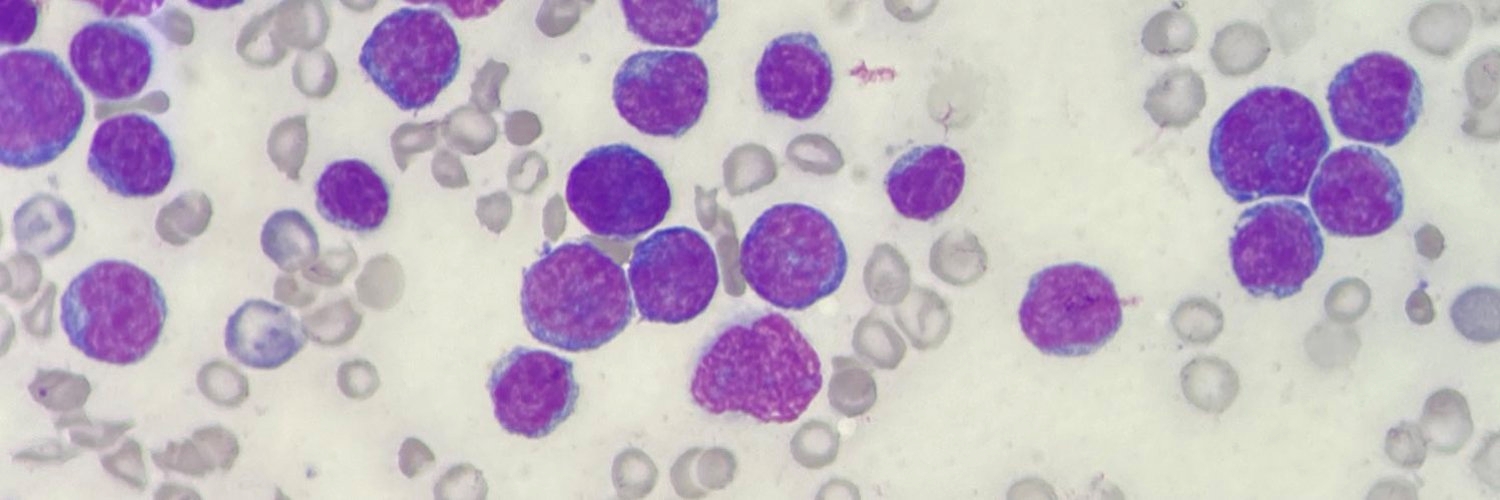Overview
Reduced leukaemic MHC class II (MHCII) expression is common at post-transplant relapse and AML lacking MHCII elicits weaker donor T-cell responses. Professional antigen-presenting cells, such as macrophages, activate CD4+ T cells by displaying antigen on MHCII together with co-stimulatory molecules. Our analysis indicates that leukaemic MHCII expression reflects a “forme fruste” of monocyte-macrophage differentiation which could be modulated for therapeutic benefit. Monocyte-macrophage differentiation can be induced in AML cells using several small molecule inhibitors that are currently being assessed in clinical trials. We hypothesise that drug-induced differentiation will drive leukaemic expression of MHCII, enhance CD4+ T-cell activation, augment CD8+ T-cell effector function and promote immunological clearance of residual leukaemia cells.
We are using human leukaemia cell lines, primary AML samples and murine models of the disease to explore the interactions between T-cells and various leukaemic differentiation states. We are particularly interested in the ability of leukaemia-derived antigen presenting cells to prime naïve CD4+ T cells and support cytotoxic CD8+ T cells to eliminate residual undifferentiated cancer cells.





